The Role of Psychological Evaluations in Academic Success
The Role of Psychological Evaluations in Academic Success
Academic success is a critical part of personal growth and development. For many students, navigating school challenges—whether academic, social, or emotional—can feel overwhelming. A psychological evaluation can be the key to unlocking a student’s potential by identifying strengths, addressing weaknesses, and guiding interventions that foster success.
What is a Psychological Evaluation?
A psychological evaluation is a comprehensive assessment of a student’s cognitive, emotional, and behavioral functioning. It uses a combination of interviews, standardized tests, observations, and input from teachers, parents, or caregivers. The goal is to provide a clear picture of the student’s needs and strengths, helping to develop strategies for academic and personal success.
How Psychological Evaluations Impact Academic Success
Psychological evaluations play a vital role in ensuring students receive the support they need. Here’s how:
1. Identifying Learning Disabilities
Many students struggle academically due to undiagnosed learning disabilities such as:
- Dyslexia
- Dyscalculia
- Processing speed issues
- ADHD
A psychological evaluation can pinpoint these challenges, providing clarity and opening doors to tailored interventions like Individualized Education Plans (IEPs) or 504 Plans.
2. Understanding Cognitive Strengths and Weaknesses
Psychological evaluations assess various cognitive skills, including:
- Memory
- Attention
- Problem-solving
- Processing speed
This information helps educators and parents understand how a student learns best, allowing for customized teaching strategies.
3. Supporting Emotional and Behavioral Health
Emotional and behavioral challenges, such as anxiety, depression, or social difficulties, often impact academic performance. Psychological evaluations can identify underlying issues and recommend strategies, therapy, or accommodations to help students thrive.
4. Guiding Accommodations and Interventions
Once challenges are identified, psychological evaluations guide the implementation of accommodations such as:
- Extra time on tests
- Reduced workload
- Assistive technology
- Behavioral support plans
These adjustments ensure that students can perform at their best while addressing their unique needs.
5. Enhancing Self-Awareness and Confidence
Understanding one’s strengths and challenges can boost a student’s confidence. Psychological evaluations provide students with insights into their capabilities, fostering self-advocacy and resilience.
6. Long-Term Benefits
Addressing challenges early can have lasting effects on a student’s future. From improved college readiness to enhanced problem-solving skills and self-assurance, the benefits of a psychological evaluation extend well beyond the classroom.
When to Consider a Psychological Evaluation
Parents, educators, or students themselves may notice signs that suggest a psychological evaluation is needed, such as:
- Consistent academic struggles despite effort
- Difficulty focusing or following instructions
- Frequent emotional outbursts or withdrawal
- Declining grades or motivation
- Social challenges with peers or teachers
Real-Life Examples of Success
Psychological evaluations have transformed the academic journeys of countless students. Here are a few examples:
- A middle school student with ADHD received accommodations for extended test time and breaks, leading to improved focus and grades.
- A high school student struggling with math was diagnosed with dyscalculia and given access to specialized tutoring, building confidence and understanding.
- A high school athlete managing anxiety learned stress management techniques, improving their game performance and academic focus.
- An elementary student with social anxiety gained tools to manage stress and participate more actively in class, enhancing both academic performance and social interactions.
Collaborative Approach for Holistic Success
Psychological evaluations are not conducted in isolation. At Washington Insight Solutions, we believe in a collaborative approach, working closely with parents, educators, and other professionals. This ensures that the evaluation captures the full picture of a student’s needs and provides actionable solutions tailored to their environment and goals.
Addressing Common Concerns About Psychological Evaluations
We understand that parents may feel apprehensive about pursuing a psychological evaluation. Here are some common concerns and our approach to addressing them:
- “Will the process be invasive?”
Evaluations are conducted in a supportive, nonjudgmental environment designed to make students feel at ease. - “Is this only for students with severe problems?”
Absolutely not! Evaluations can benefit any student looking to better understand their strengths and challenges, whether they’re struggling or simply seeking growth.
Why Choose Washington Insight Solutions?
At Washington Insight Solutions, we are committed to helping students unlock their full potential. Our comprehensive psychological evaluations are tailored to address each student’s unique needs, providing:
- Clear diagnoses and actionable recommendations
- Collaborative support for parents, teachers, and schools
- Evidence-based strategies to promote long-term academic and emotional well-being
- Consideration of cultural and individual factors to ensure relevant and effective recommendations
Take the First Step Toward Academic Success
If your child or student is struggling academically, or you’re simply curious about how a psychological evaluation can help, contact Washington Insight Solutions today. Contact us today at info@washingtoninsightsolutions.com, or visit our website to schedule an appointment. Together, we can help every student reach their full potential.

